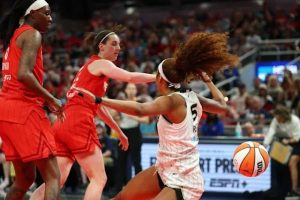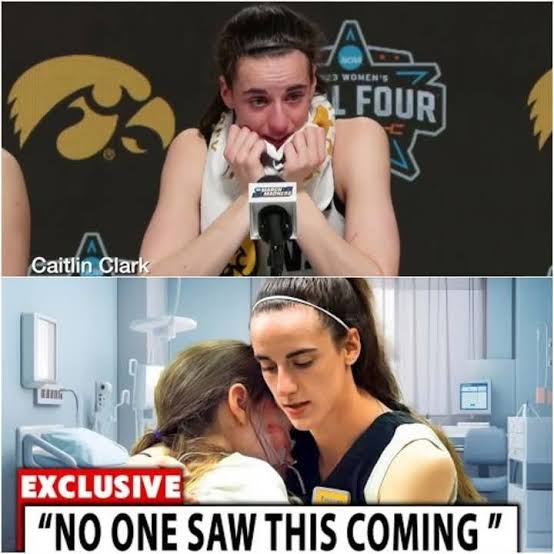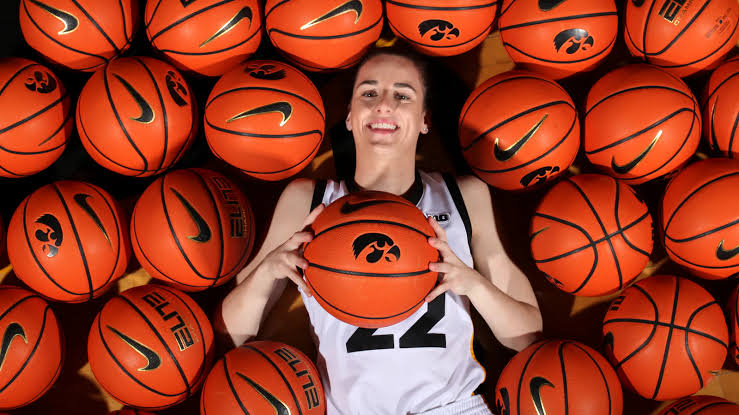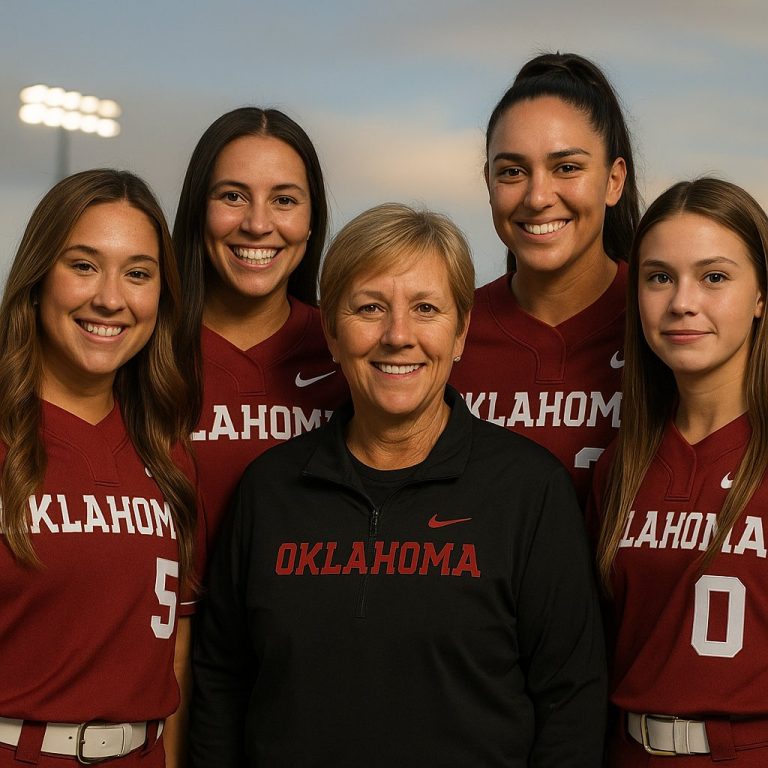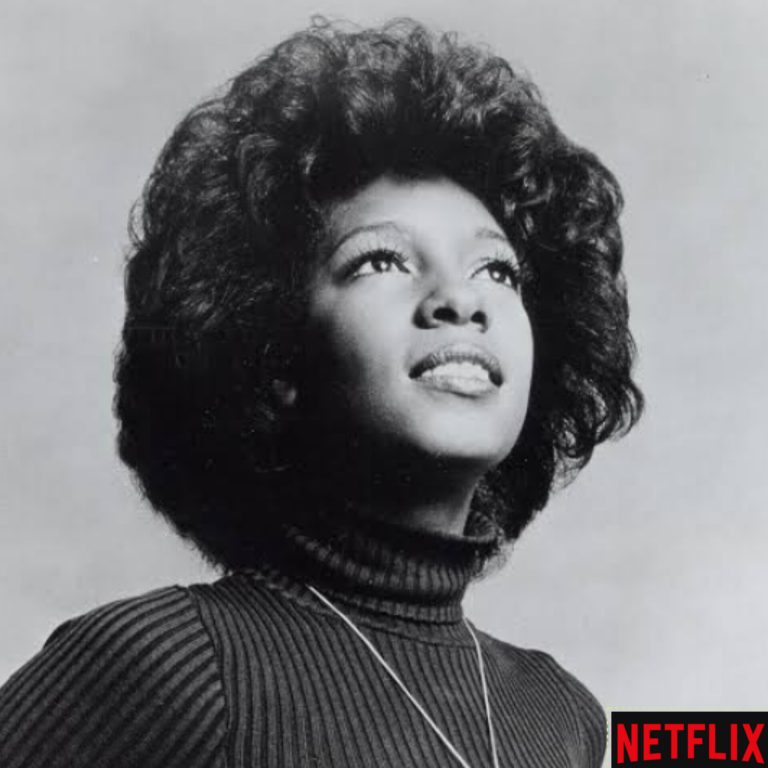The rivalry between Angel Reese and Caitlin Clarkone of the most talked-about matchups from their college basketball days—has now carried over into the WNBA. On Saturday, during a heated game between the Chicago Sky and the Indiana Fever, tensions boiled over when Caitlin Clark committed a hard foul on Reese during a third-quarter layup attempt. The altercation quickly drew attention not only because of the players involved but also due to the passionate and divided fan reactions that followed—both in the arena and across social media.

The foul, initially ruled common, was later upgraded to a flagrant after further review. Clark’s aggressive swipe sent Reese to the court, prompting the Chicago Sky forward to immediately confront her. The situation was diffused by fellow players, including Indiana’s Aliyah Boston, but not before Reese and Boston were each handed technical fouls. What should have been a straightforward on-court clash has since evolved into a broader cultural flashpoint.
Adding fuel to the fire, Angel Reese reshared a video on TikTok that appeared to taunt Caitlin Clark. The video, which has gone viral, includes promotional images of Reese intercut with a photo of Clark in the aftermath of the foul. The controversial caption over Clark’s image reads, “white gyal \[sic] running from the fade,” a phrase that many interpreted as mocking and racially charged. The post was quickly scrutinized, especially given the racially tense dynamics surrounding the altercation and its online fallout.
Reese has not directly commented on the TikTok video, but her social media activity has kept fans engaged and polarized. While some view the resharing of the video as a form of expression or rivalry banter, others criticize it as antagonistic or inflammatory, particularly considering the racial implications embedded in the language.
Complicating matters, Reese has also become the target of hate speech and online harassment since the incident. During a media scrum on Monday, she addressed the abuse, thanking the WNBA and her team for standing by her.
“Yeah, obviously there’s no place in this league for that,” Reese told reporters. “I think the WNBA team and our organization has done a great job supporting me. I’ve had communication from everyone, from so many people across this league… Going through this whole process, obviously it could happen to me, it could happen to anyone.”
The WNBA has confirmed it is looking into the reports of hate speech directed at Reese, though the league has not provided a clear timeline for any findings or potential actions. This incident has once again placed the WNBA—and women’s sports more broadly—under a microscope, highlighting not just the passion behind these rivalries, but the deeply rooted issues of race, gender, and media representation.
Reese and Clark’s rivalry, which ignited during their college days when LSU and Iowa clashed in high-profile matchups, has been credited with bringing increased visibility and excitement to women’s basketball. But with the spotlight comes scrutiny, and the challenge now lies in navigating the passion of fans while ensuring respect, fairness, and accountability remain central.
As both athletes continue their WNBA careers, it’s clear their rivalry will keep drawing attention. Whether that attention becomes a force for unity and growth—or for division—depends on how players, the league, and fans choose to enga
ge moving forward.
